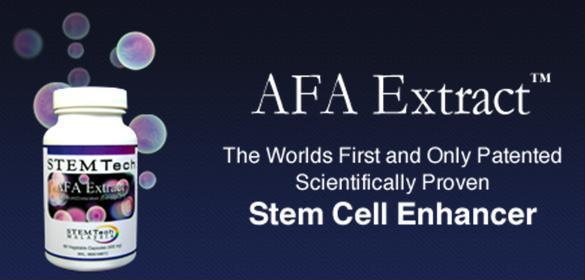
A stem cell is like a newborn cell which has not yet decided exactly what kind of cell it will eventually become. After a male sperm cell fertilizes an ovum (a female egg cell), the rapidly-dividing cells which form the tiny human embryo are all stem cells known as embryonic stem cells.
Adult stem cells are a special kind of "undifferentiated" body cells which have the ability to transform themselves into other specific kinds of "differentiated" cells which form the tissue of an organ such as the heart or liver or brain. In general, a stem cell will be influenced by the cells in its immediate environment and form into the same type of cell, such as a heart cell, liver cell, brain cell, or pancreas cell.
Adult stem cells are most abundantly found in bone marrow, and are sometimes referred to as bone marrow stem cells. A healthy body continuously produces these adult stem cells, which then circulate through the blood stream and function to replace dysfunctional cells, thus fulfilling the natural process of maintaining optimal health.
You may have heard news reports of "embryonic stem cells" being taken from an unborn human fetus, but here we are talking about adult stem cells which are produced in your own body. Because they are your own body cells containing your own DNA, your immune system does not identify them as a foreign organism and then attack and destroy them.
Thus adult stem cells are not affected by the "rejection" problem which often occurs when embyronic stem cells from outside sources have been unsuccessfully transplanted. And the ethical or religious issues associated with harvesting embryonic stem cells from a human fetus are simply not relevant to adult stem cells, because they are naturally created within your own body.





